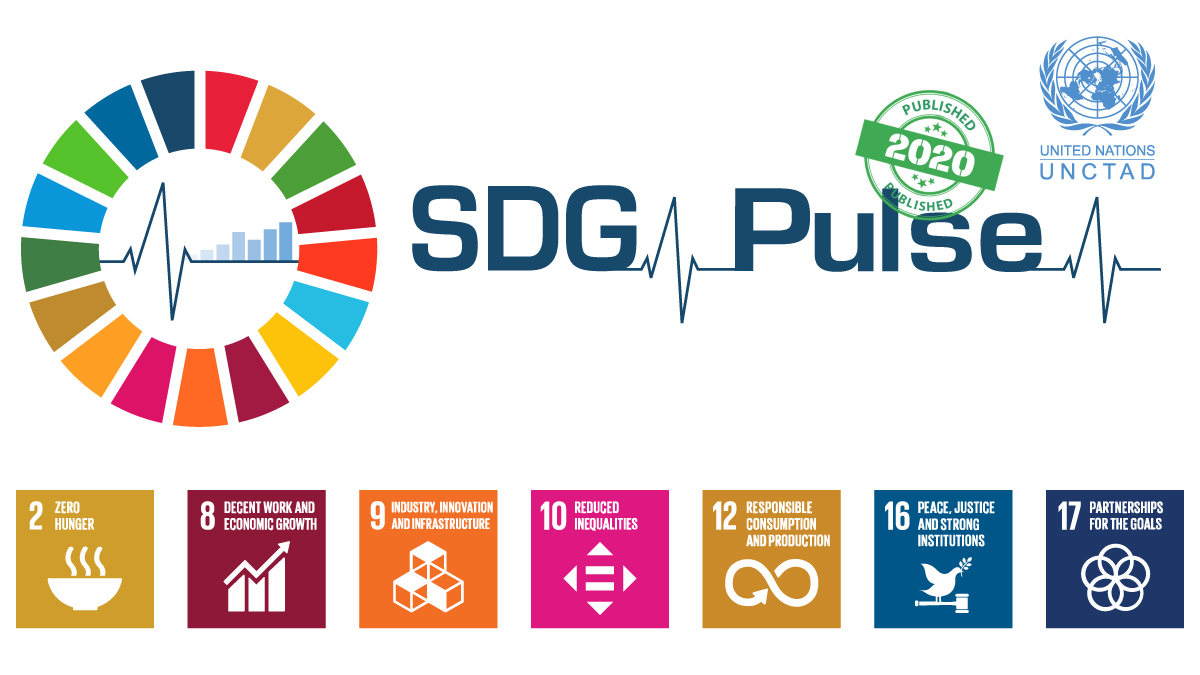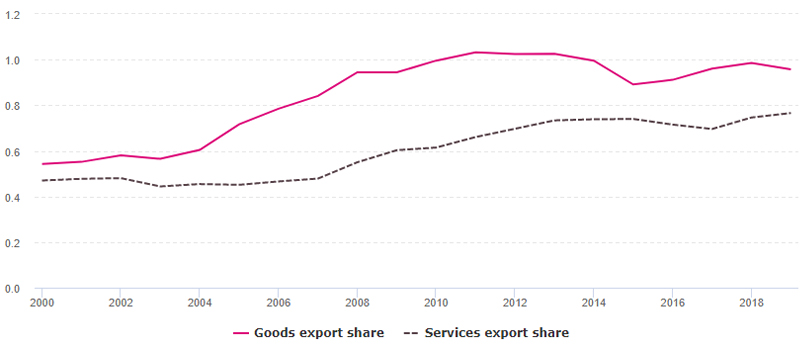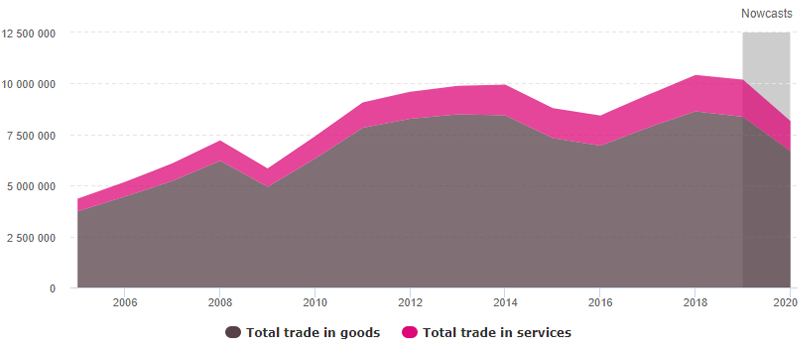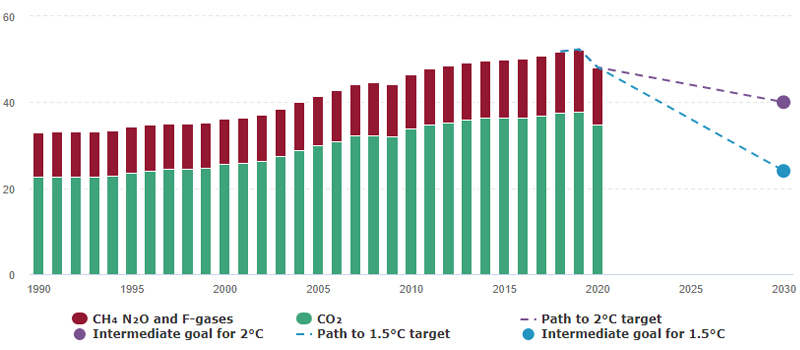UNCTAD’s SDG Pulse 2020 shows that progress on critical targets of the sustainable development goals has stalled amid the coronavirus crisis.
The coronavirus crisis is pushing critical economic, social and environmental development targets beyond reach, UNCTAD warned on 8 July as it launched the 2020 edition of its SDG Pulse.
The organization's online annual update tracking progress on a range of indicators of the UN’s Sustainable Development Goals (SDGs) shows that poverty, inequality, the climate crisis, unsustainable production and other pressing challenges require even more urgent action due to COVID-19.
The world only has 10 years left to achieve the goals of the UN’s 2030 Agenda for Sustainable Development, to which more than 150 world leaders committed in 2015.
“Despite COVID-19, despite containment, despite everyone working from home, it was very important for us to publish the SDG Pulse on time,” said UNCTAD’s chief statistician, Steve MacFeely.
“The development challenges facing the world didn’t stop or go away, so it’s important that we continue to report progress towards the 2030 Agenda, and the important role that UNCTAD plays in that journey,” Mr. MacFeely said.
Far-reaching impact of pandemic
This year’s bulletin is no ordinary update, as the impact of COVID-19 is evident throughout the report.
The impact is evident in the trade of international goods, for which UNCTAD nowcasts a decline of almost 27% for the second quarter of 2020 compared with the same quarter last year. The organization also forecasts a fall of 20% in merchandise trade for the whole year.
For instance, SDG target 17.11 aims to significantly increase the exports of developing countries, and in particular to double the share of least developed countries (LDCs) in global exports by 2020.
Although LDCs had been achieving modest growth in market share, COVID-19 has likely pushed the target beyond reach.
Least developed countries' share of global exports of goods and services
Trends of goods and services trade in developing economies
Another shocking result featured in this year’s update is that the coronavirus-induced record-breaking fall of 5% in carbon dioxide emissions – compared with the same period in 2019 – will not be enough to achieve even the weakest of the targets set out by the Paris Agreement on climate change.
Global emissions must be cut by almost 8% every year for the next decade to keep the world within reach of the 1.5°C target of the climate agreement. The magnitude of that task has been laid bare by COVID-19.
Greenhouse gas emissions and target reductions (Gt of CO₂e)
COVID-19 from a statistical point of view
This year’s ‘In Focus’ section of the update looks at COVID-19 from a statistical perspective, examining the measurement challenges associated with the pandemic itself, the different policy actions adopted by governments and the impact on employment by gender.
“While we discuss the impacts of COVID-19 throughout the report, we also explore the measurement issues and the implications for statistics itself,” Mr. MacFeely said.
The update also highlights the impacts on global statistics more generally, discussing how official statistics have had to adapt very quickly. Further, it examines some of the privacy risks associated with virus tracing apps.
“Governments and the public are faced with a dilemma. Technology can be used to track us during the pandemic,” Mr. MacFeely said, “but the same technology can be used to track us afterwards, too. Once the cork is out of the bottle, it’s almost impossible to put in back in again. The power to control populations is frightening.”




